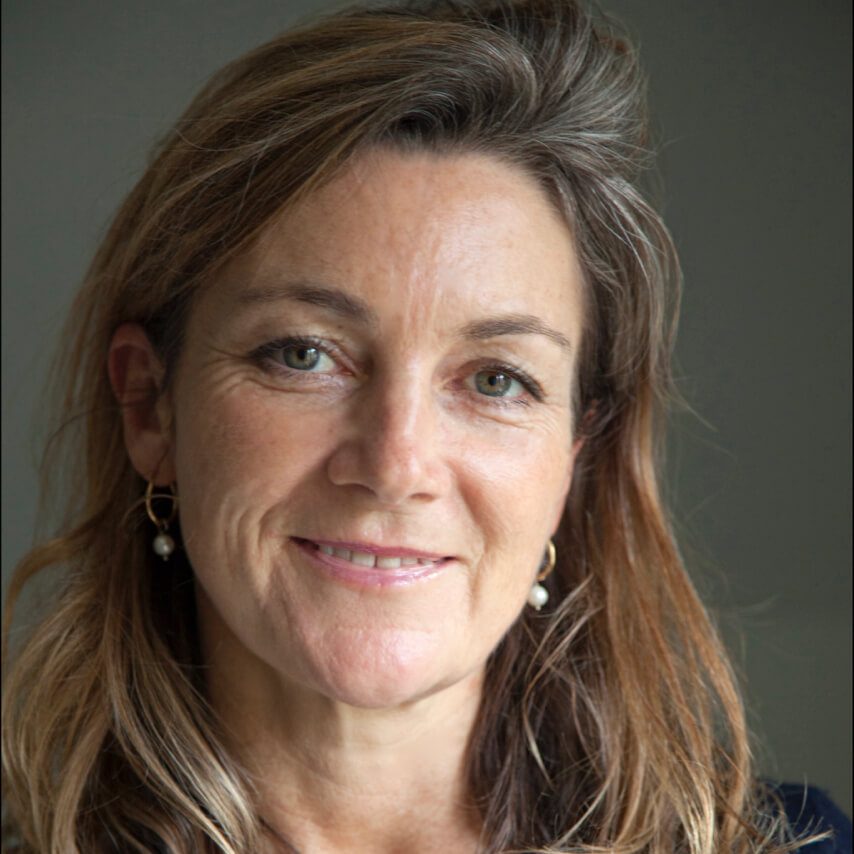Art Behind Bars
(The role of the arts in breaking the cycle of crime, prison and reoffending)
It is all too easy to dismiss prisoners as the ‘baddies’ of society and ignore the plight of the estimated 85,000 people held British jails. But re-offending rates show that prison doesn’t work. With the help of compelling statistics and first-hand insights into the lives and minds of ‘criminals’, Angela presents a persuasive argument for why it matters to all of us.
Angela discovered her unusual career working as an artist in prisons at the age of twenty-one when she found herself standing at the foot of a 30’ wall in Sydney’s main jail with two Brazilian coke smugglers, a bank robber and a murderer. She instantly knew “This is what I want to do!”
Using painting as a tool, Angela worked alone in locked spaces with prisoners ranging from terrorists and rapists to petty thieves and drug addicts. In the non-judgmental atmosphere of her art classes, she gained their trust. She listened to their often-traumatic stories and using her therapeutic background, helped them to recognise unhelpful attitudes and behaviour and make changes in their outlook and subsequently their goals.
In 2016, her ideas were used to advise to the Ministry of Justice in its new education policies.
Angela’s talks are moving, informative and highly original. Illustrated throughout with examples of prisoners’ art and interspersed with accounts of humorous or potentially horrifying situations, she keeps audiences of all ages utterly engrossed.
They challenge pre-conceptions of good and bad, offering a deeper understanding of the minds, lives and issues of offenders.
- Provide shocking statistics on re-offending rates, costs and prisoner demographics and outline the reasons why our prisons are failing
- Present a wide range of moral, social, and ethical issues for (re-) consideration.
- Give insights into the real causes of criminal behaviour and demonstrate the power of creativity to break through negative patterns and conditioning and to build up the vital self-esteem and soft skills required for true and lasting rehabilitation
- Help young people to see how easy it is to be led down the wrong path.
- And crucially for students emerging into a changed and uncertain world, she offers creative tools and techniques to develop the resilience, creativity and optimism they need to survive and thrive.
